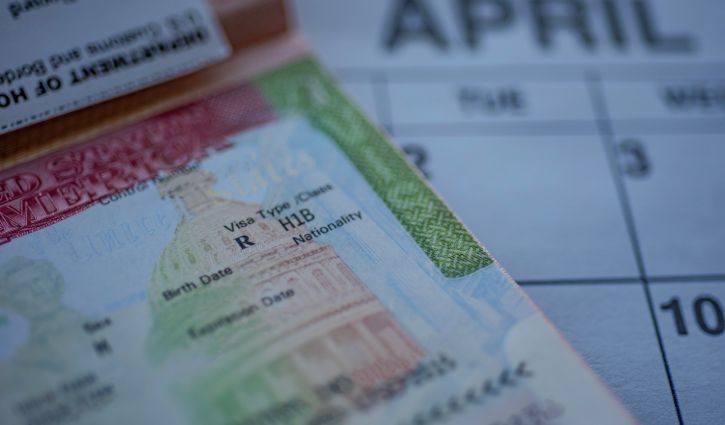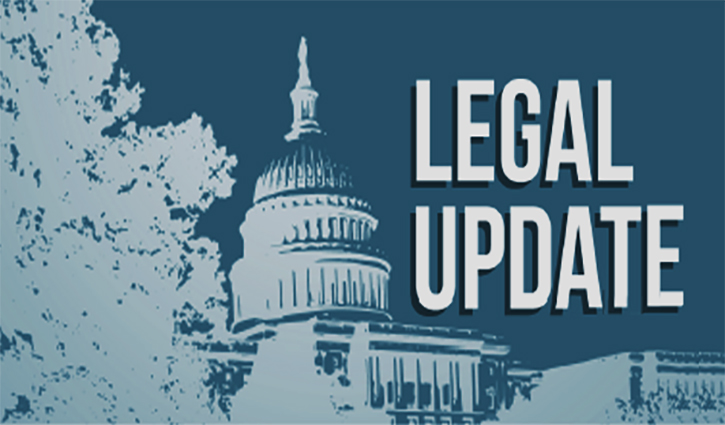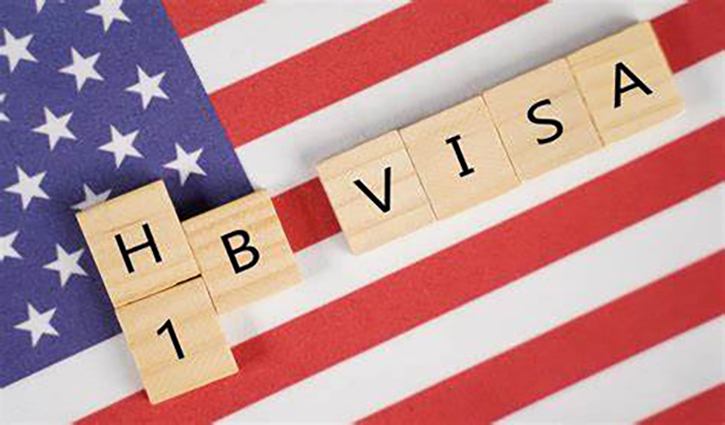Representative Zoe Lofgren (D-CA) and John Curtis (R-UT) on June 2, 2021 introduced the bipartisan “Equal Access to Greencards for Legal Employment (EAGLE) Act of 2021.” Representative Lofgren, a former immigration attorney and law professor, chairs the House Judiciary Subcommittee on Immigration and Citizenship. Representative Curtis is leading the Republican support as Utah businesses recognize a severe shortage of technical talent.
The EAGLE Act (H.R. 3648) was introduced with 19 bipartisan original cosponsors. Its predecessor bill, the “Fairness for High-Skilled Immigrants Act” H.R. 1044 overwhelmingly passed the House 365-65 in July 2019 with 311 cosponsors. Final passage on a compromise bill dragged out through the 116th Congress and in December 2020 stalled after the Senate added provisions to address certain business sectors and restrict use of H-1B visas.
TechServe Alliance supported H.R. 1044, a narrower version of the new EAGLE Act; the original version of H.R. 1044 only adjusted the caps without changing H-1B visa dependency rules, adding Department of Labor wage filing provisions, or increasing investigations or fines. The EAGLE Act maintains most, but not all, of the Senate-added provisions, including:
- Eliminates “per-country” limit on employment-based visas, raises from 7% to 15% for family-based immigrant visas
- H-1B visa provisions include:
- Employers must post new H-1B visa positions for 30 days on DOL website
- New Labor Condition Application Hiring Attestations
- New LCA processing fee
- Dependency provisions, uses IRS definition of “single employer” to count total workforce and not only one location
- Prevailing Wage Certifications based on similar positions within geographical areas
- New whistleblower provisions and fines
The bill does not ban use of H-1Bs at third-party worksites.
Prospects for enactment are uncertain. So far, the EAGLE Act has received mixed responses from stakeholders. On June 2, 2021, the American Immigration Lawyers Association (AILA) released a statement opposing the bill as not striking “the right balance of eliminating per-country limitations without adversely impacting others. Therefore, AILA does not support its passage and urges Congress to find an equitable solution for all individuals waiting for lawful permanent residence.”
Immigration Voice, an advocacy group comprised of high-skilled immigrants, supports the bill as creating “a fair and equitable, ‘first come, first served’ system for receiving employment-based Green Cards” with additional provisions “to encourage the hiring of American workers and to ensure that people from all countries retain fair access to employment-based Green Cards.”
The TechServe Alliance Government Affairs Team will continue to monitor and weigh in with members of Congress on this legislation. We urge TechServe members whose businesses and workforce may be impacted by this legislation to review the bill summary and text and contact us with your concerns.











